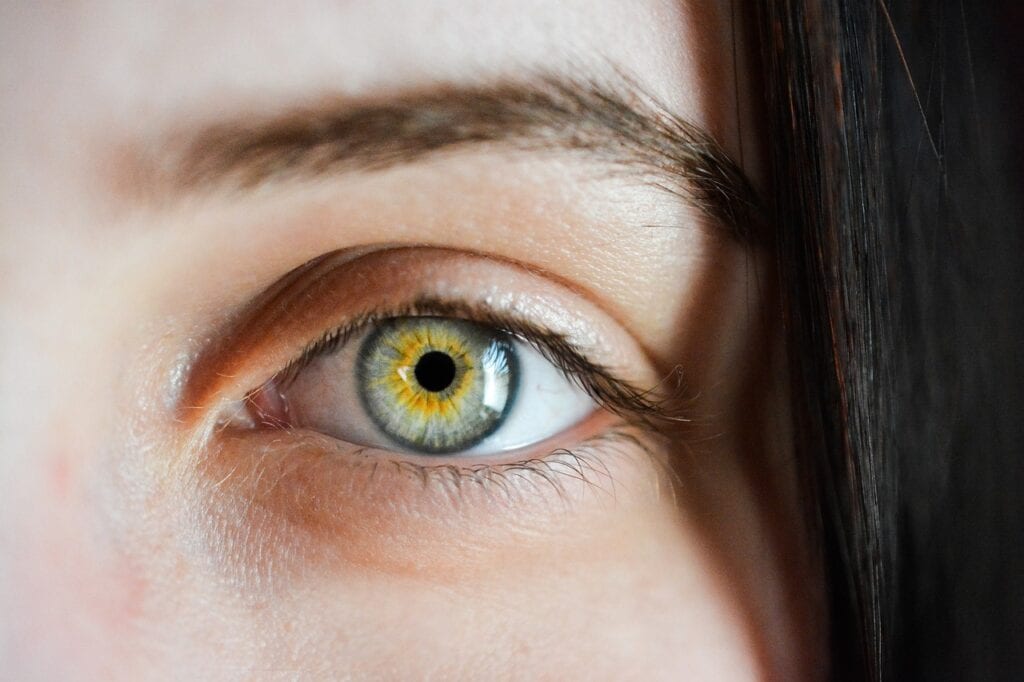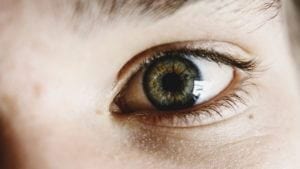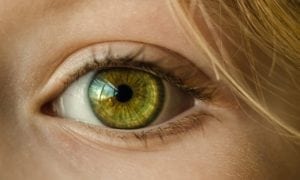ProQR Therapeutics is working to develop unique therapeutic solutions for genetic eye diseases. Currently, the company is evaluating its therapeutic candidate ultevursen within the Phase 2/3 Sirius and Celeste clinical trials; you can read about them here. Earlier this year, I spoke to Daniel de Boer, Founder and CEO of ProQR, as well as Elle, a patient in the trial, and Dr. David Birch, from the Retina Foundation of the Southwest, about these trials and what they hope to achieve. The trials seek to understand the safety, efficacy, and tolerability of ultevursen for those with Usher syndrome or non-syndromic retinitis pigmentosa (RP) due to exon 13 mutations within USH2A. Now, there is new information regarding the trials. In a news release from March 8, 2022, The Foundation Fighting Blindness shared that it would be partnering with ProQR and InformedDNA to screen and enroll patients for these trials.
The Upcoming Partnership
To begin, let’s share an overview of InformedDNA and The Foundation Fighting Blindness. InformedDNA is a specialty applied genomics solutions company which has the largest independent staff of board-certified genetics specialists within the United States. The company aims to provide genomic insights to companies to help the companies make clinical decisions. The Foundation Fighting Blindness has been driving research into degenerative retinal conditions for 51 years. It has helped fund research which identified 270 genes associated with retinal diseases, as well as over 40 clinical trials.
For this particularly partnership, The Foundation Fighting Blindness is helping to identify and screen patients using the My Retina Tracker Registry. This database holds information on patients and families impacted by conditions such as RP, choroideremia, Usher syndrome, and Leber congenital amaurosis (among others). On its website, The Foundation Fighting Blindness explains that:
The registry is designed to share de-identified information within the IRD research and clinical communities about people with an inherited retinal disease to help accelerate the discovery of treatments and cures. Using the data in My Retina Tracker Registry helps us understand how common each type of retinal disease is, how it impacts people’s lives, how the disease progresses, the genes that cause the disease, and helps researchers and companies to efficiently find people who might be interested in participating in research studies and clinical trials.
Once The Foundation Fighting Blindness identifies potential patients, InformedDNA then screens the patients for free. Additionally, genetic counselors help speak to the families about research, resources, and any other questions.
About Usher Syndrome and Retinitis Pigmentosa (RP)
Retinitis Pigmentosa
Over sixty different gene mutations are associated with retinitis pigmentosa (RP), a group of inherited diseases which cause retinal degeneration. RP may be inherited in an autosomal dominant, autosomal recessive, or X-linked pattern. RHO gene mutations are most commonly associated with the autosomal dominant form. In any case, RP causes photoreceptor cells within the retina to degenerate, culminating in progressive vision loss. Most individuals with RP are legally blind by or before 40 years old. In many cases, rods in the retina are affected before cones. This causes a loss of peripheral and night vision. When cones are affected, symptoms include reduced central vision, visual acuity, and color perception, as well as night blindness.
Usher Syndrome
Usher syndrome is a genetic disorder characterized by hearing loss (deafness) and accompanied by retinitis pigmentosa. HARS, USH3A, WHRN, USH2A, ADGRV1, CDH23, USH1C, PCDH15 (USH1F), SANS (USH1G), and MYO7A (USH1B) gene mutations – inherited in an autosomal recessive pattern — have all been linked to Usher syndrome. There are three main forms of Usher syndrome. In type 1, symptoms typically manifest by age 10. These include deafness in both ears, as well as vision and balance problems. Next, type 2 is characterized by moderate-to-severe hearing loss which begins at birth and progresses over time, as well as night blindness. Symptoms associated with type 2 Usher syndrome typically manifest in late teens to early 20s. Finally, those with Type 3 often see symptoms manifest between their 20s to 40s, which include late-onset hearing loss, RP, and balance problems.







